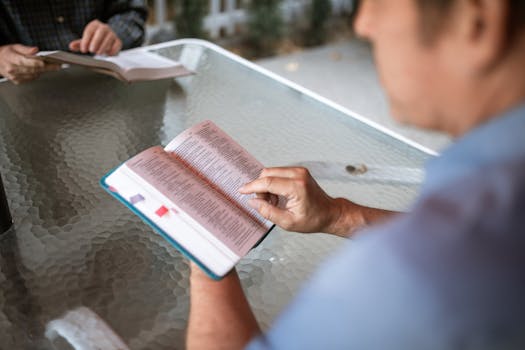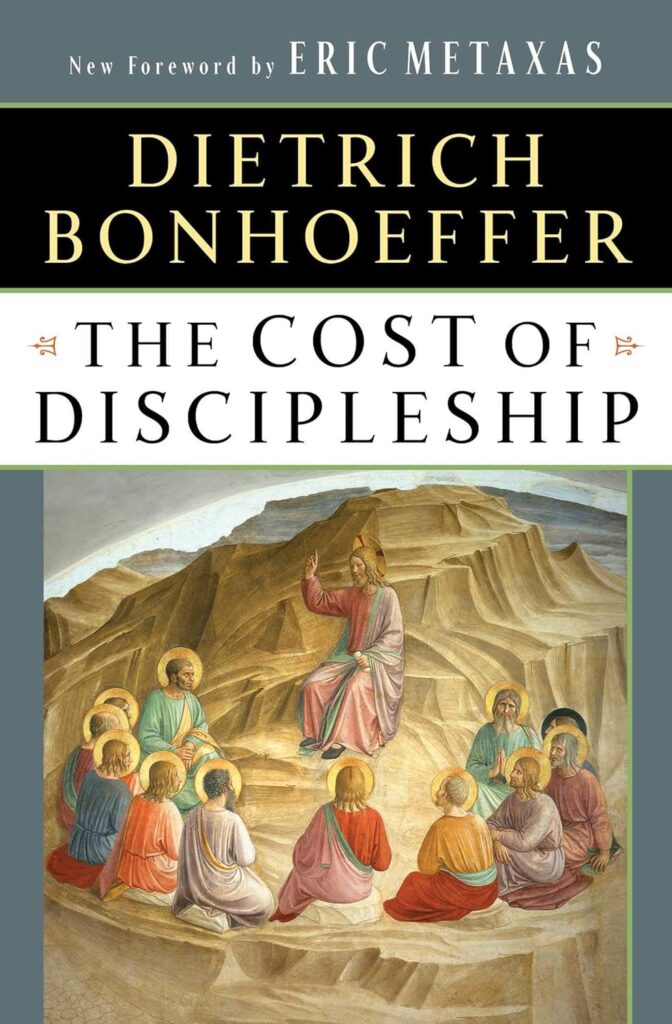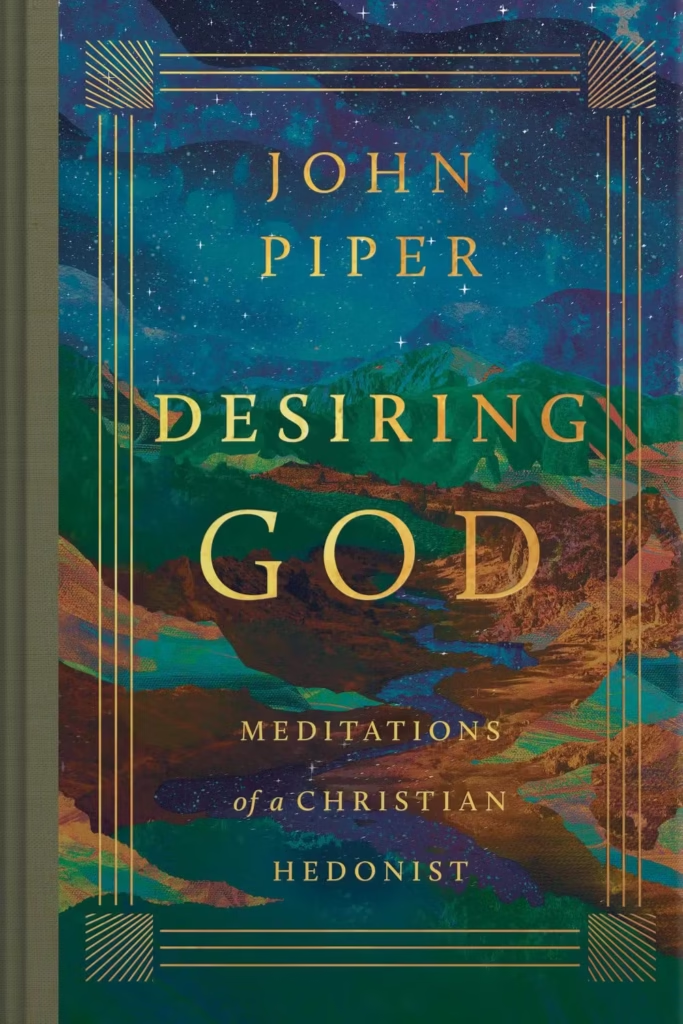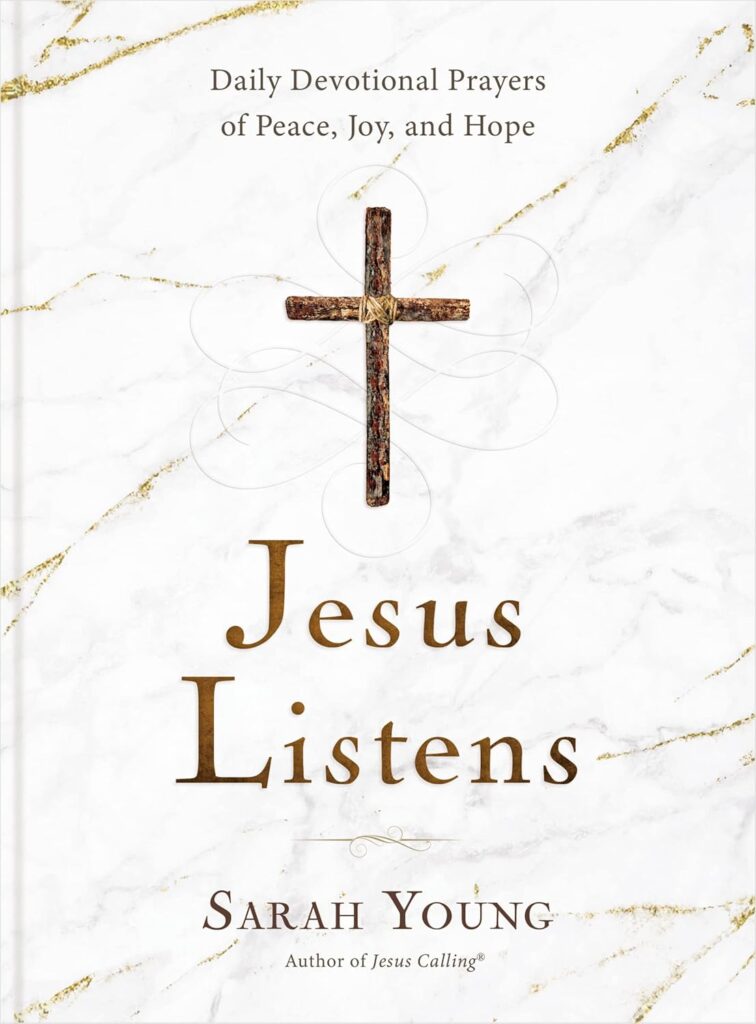Today, we’re exploring a question that often sparks curiosity: Should Christians pray spontaneously or use scripted prayers? Get ready for a soul-stirring exploration as we uncover the beauty of both approaches and how they deepen our connection with God.
Spontaneous Prayer: Speaking from the Heart
Imagine sitting down with a close friend, and sharing your joys, fears, and hopes. That’s the essence of spontaneous prayer—raw, unfiltered, and deeply personal. It’s about pouring out our hearts to God, just as the Psalmist wrote in Psalm 62:8:
“Trust in Him at all times, you people; pour out your hearts to Him, for God is our refuge.”
In moments of spontaneity, we echo the psalmist’s sentiment, finding solace and strength in the unreserved outpouring of our souls before the Almighty.
Scripted Prayers: Drawing from Tradition
Now, let’s journey back in time, exploring the sacred corridors of tradition where ancient prayers echo through the ages. From the Lord’s Prayer to the Psalms, these scripted prayers have stood the test of time, guiding generations in their communion with God. Consider the words of Jesus in Matthew 6:9-13:
“Our Father in heaven, hallowed be Your name… give us today our daily bread.”
These time-honoured prayers provide us with a framework for our conversations with God, and offering words when our own fail us.
Biblical Examples: Spontaneous and Scripted
Throughout the Bible, we encounter examples of both spontaneous and scripted prayers.
One powerful example of spontaneous prayer is found in the book of Nehemiah. In Nehemiah 2:4, when Nehemiah was faced with a daunting task, he prayed on the spot:
“Then the king said to me, ‘What do you request?’ So I prayed to the God of heaven.”
Nehemiah’s spontaneous prayer reveals his reliance on God’s guidance and strength in the face of adversity.
On the other hand, we see the disciples seeking guidance on prayer from Jesus Himself in Luke 11:1-4. They asked Jesus to teach them to pray, and in response, Jesus shared what we now know as the Lord’s Prayer—a timeless example of a scripted prayer that continues to shape the prayer lives of believers worldwide.
Choosing What’s Right for You
There’s room for spontaneity and tradition alike. Just as each person’s journey of faith is unique, so too is their approach to prayer. It’s like selecting ingredients for a recipe—you choose what resonates with your soul and brings you closer to God.
Crafting Your Symphony of Prayer
Now, let’s imagine prayer as a symphony, with each prayer form adding its own unique melody to the composition. Blend the raw authenticity of spontaneous prayers with the timeless beauty of scripted prayers, creating a harmonious tapestry of worship that reflects the depths of your heart.
Practical Tips for Better Prayer
Here are some practical tips to enhance your prayer life:
- Set aside dedicated time each day for prayer and reflection.
- Experiment with different prayer forms, including spontaneous prayers, scripted prayers, meditation, and contemplation.
- Dive deeper into Scripture to find inspiration and guidance for your prayer life.
It’s clear that whether Christians opt for spontaneous or scripted prayers, the key is sincerity in their connection with God. So, let’s explore what resonates within our souls, and let our prayers become a genuine journey of intimacy and communion with the Divine.

















10 Full Christian Movies You Can Watch for FREE (Right Now!)
2.9K views